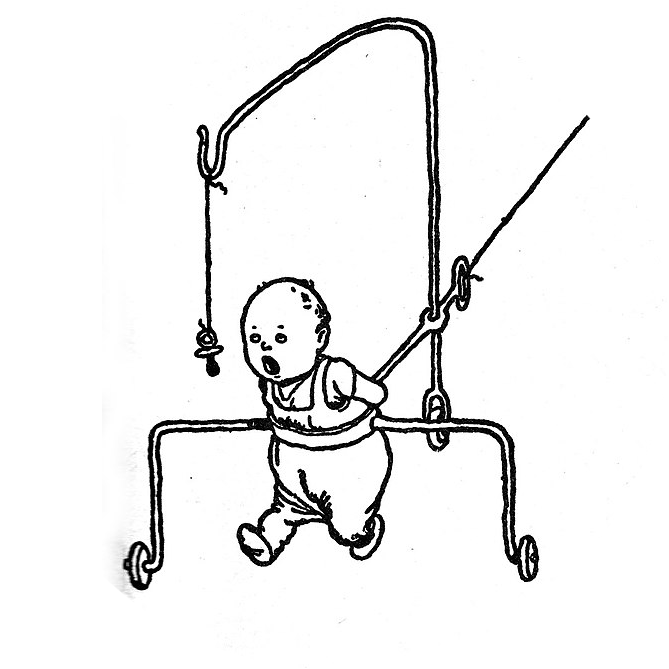
There’s been a recession start in every single republican presidential term of my life. I’m over 40. Each of Reagan’s terms. HW Bush. Each of the second Bush (these were the worst, dot-com crash and the great recession starting in 2007/8). And then the great Covid bungling. As you point out: if they implement their agenda it’s likely to happen again.
There has never been a recession start during a democratic president in my lifetime (although Biden’s term came close).
The opposition needs to be ready to jump on this and yell from the figurative rooftops so conservatives can’t spin it away. And it needs to be most heavily broadcast where the electorate shifted to the right this election. The fact that people generally think republicans are better for the economy is a severe failure on the part of the democrats.















When the tariff is on final consumer products, these are two opposing forces. Higher wages mean companies would more likely save money by paying the tariffs. Higher tariffs mean companies are more likely to purchase domestically.
But if the tariffs are on precursor products (e.g. steel, lumber, oil, etc …) rather than final consumer goods: the tariffs make it more expensive for domestic manufacturing. The US manufacturer has to pay the tariffs to use the materials they need to produce their final product, and have to pass those costs on. That means there’s less margin for wages.